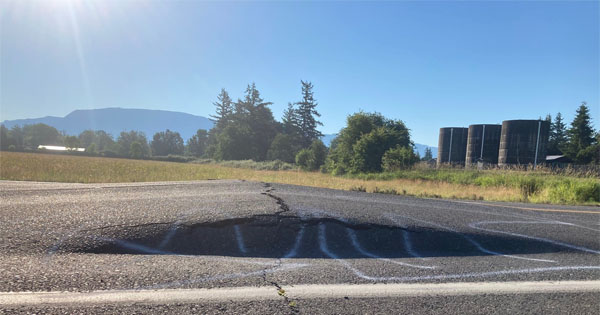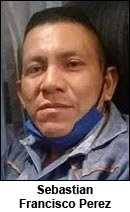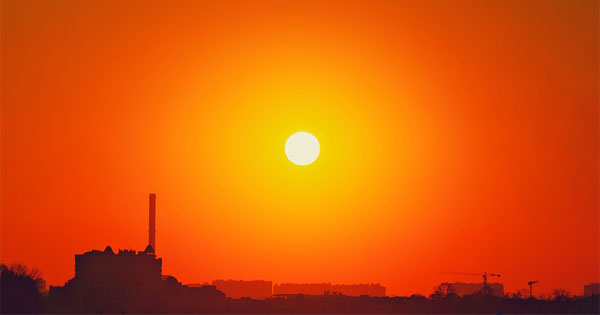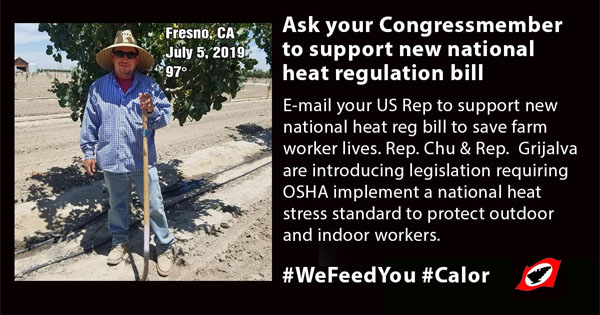OPINION
We’ve been warned: We must act now on climate
Pacific Northwest’s extreme heat is another sign that climate crisis requires immediate action
By SARAH TUCKER
(July 6, 2021) — It was over 100 degrees when the power in my Seattle neighborhood cut at 9:30 p.m. last week. Let’s go to the lake, I told my partner, maybe there’ll be some breeze.
We crossed a street ruptured down the center on the way, our infrastructure literally buckling after days of record-setting heat. In the Rainier Valley where we live, the air quality index had reached unhealthy levels.

SR 544 buckling last week near Everson. (State Department of Transportation via Twitter)
The next morning, I learned about wet bulb temperature, the heat and humidity conditions at which sweat stops evaporating and the human body can no longer function. Climate scientists predicted it would be years, maybe decades, before we regularly saw temperatures in this range. But so far this year, we’ve seen these extreme heat conditions in regions across the globe.
 That afternoon, Oregon news reported the death of farm worker Sebastian Francisco Perez, who died of heat illness while working at a nursery growing shade trees. Perez’s death was entirely preventable, but Oregon lacks sufficient workplace safety standards for heat exposure. Perez died tending to trees that will provide someone else the cool resting place that could have saved his life.
That afternoon, Oregon news reported the death of farm worker Sebastian Francisco Perez, who died of heat illness while working at a nursery growing shade trees. Perez’s death was entirely preventable, but Oregon lacks sufficient workplace safety standards for heat exposure. Perez died tending to trees that will provide someone else the cool resting place that could have saved his life.
Serious consequences of climate change are not on the horizon; they are here. This past week we experienced a glimpse of the climate catastrophe facing working people if we do not act.
Because it is working people who are facing the brunt of the damage caused.
As temperatures soared and blackouts sprang up across Seattle and King County, the few available hotel rooms were going for over $400 a night, this while we know more than half of all Americans don’t have $500 in emergency savings. In Seattle, only 25 percent of people making less than $49,000 a year have air conditioning, versus over 42 percent for folks making over $100,000, with homeowners twice as likely as renters to have air conditioning. Nearly a dozen people died in King County through the height of last week’s heat.
King County neighborhoods with more green spaces and less concrete stayed cooler than others; this meant temperatures were higher in parts of King County where working people — especially Black, brown, and Indigenous folks — overwhelmingly live, like Renton, Kent, Auburn, and along the I-5 corridor in Seattle.
Outside of the county I call home, working people sweltered across the region. Through the peak of the heat in western Oregon, at least 63 people died from heat illness, 45 in Multnomah County alone. Most of the folks who died didn’t have access to safe spaces to cool down.

It sounds bleak. And the desire to check-out of conversations around climate change is understandable. We’re all stressed by daily life; we’ve already got a global pandemic. Who wants to add the collapse of our climate to their list of worries? How does the human brain even grapple with such an immense, absolute existential threat?
Alone, these conditions seem insurmountable. But we are not facing this fight as lone individuals. We are members of an international movement with millions of organized members. And in many ways, organized labor is already deep in the fight against climate collapse.
The forces we fight in organized labor are the same forces that have pushed us to the brink of catastrophe.
Billionaires and mega-corporations have made trillions extracting resources from our environment. They’ve exploited the land like they exploit the working people whose labor builds their profits. The pursuit of profit overrides compassion or ethics, and tactics used to oppress working people are exerted on the natural environment that protects the well-being of all life.
Frederick Douglass taught us that “power concedes nothing without demand.” In labor, we know power concedes nothing without a fight.
And we need to fight: against the greed that’s destroying our shared planet; against complacent politicians, many of whom won’t see the worst results of their inaction; against policies that promise climate action at the expense of working people.
As much as there is to fight against, we have a lot to fight for: for a response that centers the most impacted by climate collapse; for a transition to union-made infrastructure that doesn’t rely on resource extraction; for healthier communities to raise our families in; and for a meaningful future for coming generations.
We can take action to protect vulnerable people right now — by supporting the United Farm Workers’ efforts to win a national heat stress standard, and supporting farmworker advocates looking to expand the heat protections in Washington to meet the standard set by California.
And we can center a worker-first response to climate change in all our work moving forward. We need to pressure the Washington State Legislature to pass a transportation budget that makes needed investments in crumbling infrastructure across this state, with an eye towards the changes we need to respond to a changing climate. We need to show up for a transition to a renewable energy economy that provides quality, union jobs for working people, jobs that neither exploit the environment nor our siblings in the movement.
It’s likely that each year of the rest of our lives is going to be one of the hottest on record. But if we recognize these shifts in temperature as the warnings of climate collapse that they are, we have time to avert catastrophe. We have time to build an equitable future that supports all working people, if we act now.
 Sarah Tucker is the Digital Organizer for the Washington State Labor Council, AFL-CIO.
Sarah Tucker is the Digital Organizer for the Washington State Labor Council, AFL-CIO.






